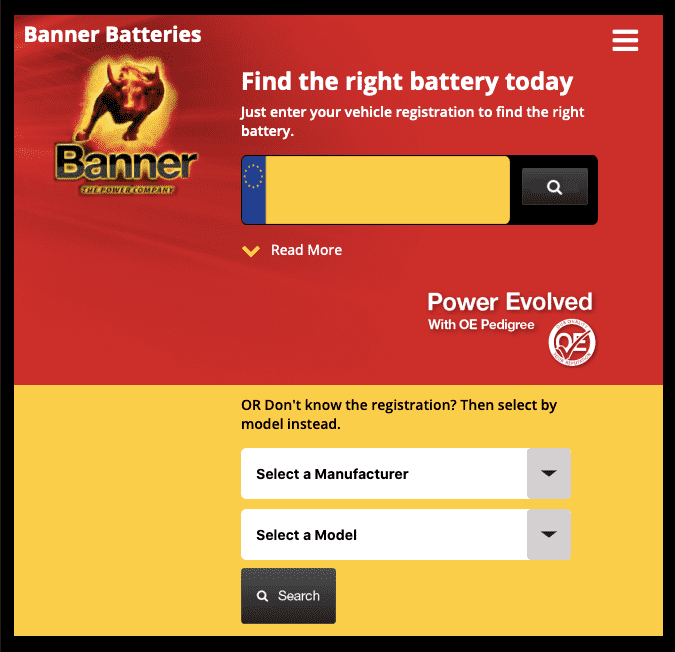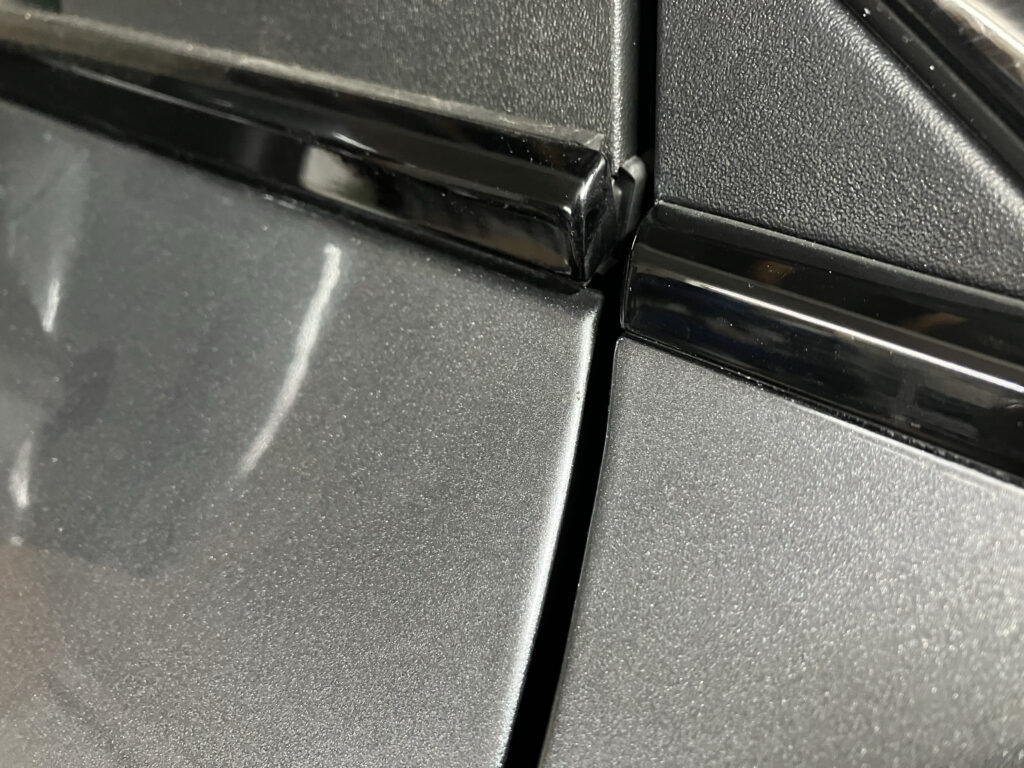Understanding Your Battery and What’s Best for Your Car
Your car battery has a lifespan of between three and five years. If yours fails earlier than expected, it may be covered by a guarantee or warranty, so whenever you buy a new battery, make sure you keep the receipt as you might not have to pay for the replacement.

Which battery do I need for my car?
This is a common question, as there are hundreds of different brands, sizes and styles to choose from. You can look at longer guarantees or better-known brands to help you to make your mind up once you’ve got your shortlist.
Don’t just jump at the cheapest battery, though, as you could find it loses power rapidly, or leaks, or simply fails after a few months. Going cheap on a battery can prove to be a false economy, so do be careful.
You can find your battery type by registration
There are hundreds of battery finders online – you just have to enter your car’s registration number and you’ll see a group code for the different batteries that will work in your car. This information is useful for shopping around for the best deal in your prescribed range of batteries.
Choosing the right battery for your car
There are a few things you need to think about when you’re looking for the best battery for your car.
The fitting criteria
Look at your battery group codes, as the batteries within these groups will be of the right dimensions. You can also look in your owner’s handbook or examine your existing battery if you simply want to replace it with the same make and model.
Cold cranking amps
This is a measure of how well the battery starts up the car in the cold. Cold weather can affect your battery’s ability to start your car and this figure is expressed as the number of amps the 12-Volt battery can deliver for 30 seconds at 0F, while maintaining 7.2V.
If the CCA is a lot higher than that recommended by your car manufacturer, it’s not always a good thing. However, it’s better to opt for a battery with a slightly higher-than-recommended CCA than a slightly lower one.
Reserve capacity
Your reserve capacity is the length of time a new and fully-charged battery will carry on operating after the alternator fails. The alternator converts power from the engine into electricity that trickles back into the battery.
The terminal layout
Your terminals could be at the front or the back, with the positive terminal on the right or left-hand side. This is important, as you can’t connect a battery with the wrong terminal layout for your car.
The terminal type – there are four main varieties:
- The standard UK post, which is the most common
- The Japanese post, where the negative is narrower than the positive post
- Lug terminals, which are square posts with a bolt hole, and
- Side terminals, which, as you might have worked out, are on the side of the battery.
Your battery’s power
Your battery’s power is determined by its cold cranking amps (CCA) and its reserve capacity (RC).
The C20 capacity
Some batteries will tell you how much energy is stored in them. This is known as the C20 capacity and it’s measured in amp-hours.
What size of battery do I need?
There are a few things to think about when looking for a new car battery – the location and type of terminals, the number of cells, the voltage, the CCA and RC – but size is also a huge factor. If you can’t fit the battery into the engine bay, then it doesn’t matter where the terminals are.
The battery group sizes
Each battery belongs to a specific size group, which will have a code. You can use one of the online finders to work out which group you need, or you can look through your owner’s manual.
The size group is denoted by a three-number code, usually. Some codes might have letters or other characters following them, but it’s the three numbers you need to pay attention to.
Which sort of battery is best for me?
When you ask “Which car battery do I need?” there’s one more set of options you need to consider – the chemistry of the battery.
Lead acid
Lead acid batteries are the most commonly-used batteries at the moment. It’s most likely the type of battery that was in your car when you bought it and this sort of battery will give you 20,000 or so starts.
Silver calcium
These are the top-end batteries and offer drivers around a third more power than lead acid types. You’ll get 50,000 or more starts with these batteries and drivers who use a lot of additional components or very power-hungry plug-ins are well-advised to use these batteries.
Calcium
Calcium batteries are a little more expensive and of higher quality. They’ll offer you 18% more starting power and tend to perform better on cold mornings. You should be able to start your car around 30,000 times with these batteries.
Advanced flooded battery (AFB)
This is an advanced battery that’s designed and developed for inner city driving which involves lots of stopping and starting. You might see it marketed as an EFB or ECM battery and you’ll get up to 360,000 starts out of it.
Absorbent glass mat (AGM)
AGM batteries are seriously heavy-duty and you can’t change them out with an AFB or an ECM battery. In fact, changing an AGM battery needs specialist software configuration so you really do need an experienced mechanic to do this for you.
AutoAdvisor can find battery replacement specialists in your local area, even for tricky ones like the AGM batteries.
You’ll also be able to get quotes from a number of garages and mechanics local to you, as well as a diagnosis of any issues you’re having with your battery. It may be that you need a slight readjustment rather than a replacement.
Whatever service you need for you car and its battery, you can be sure that AutoAdvisor’s network of approved partner garages will know how to help you – without costing you too much.
The easiest way to find the best mechanic for your needs.
Other Articles

MAHLE presented a world first at the IAA Transportation 2024 in Hanover New component for fuel cell and electric vehicles halves fan noise on average Bionic fan is based upon an AI-optimized design found in nature: the wings of an owl, one of the quietest birds 10 percent higher efficiency and 10 percent less weight […]
MAHLE presented a world first at the IAA Transportation 2024 in Hanover New component for fuel cell and electric vehicles halves fan noise on average Bionic fan is based upon an AI-optimized design found in nature: the wings of an owl, one of the quietest birds 10 percent higher efficiency and 10 percent less weight […]




